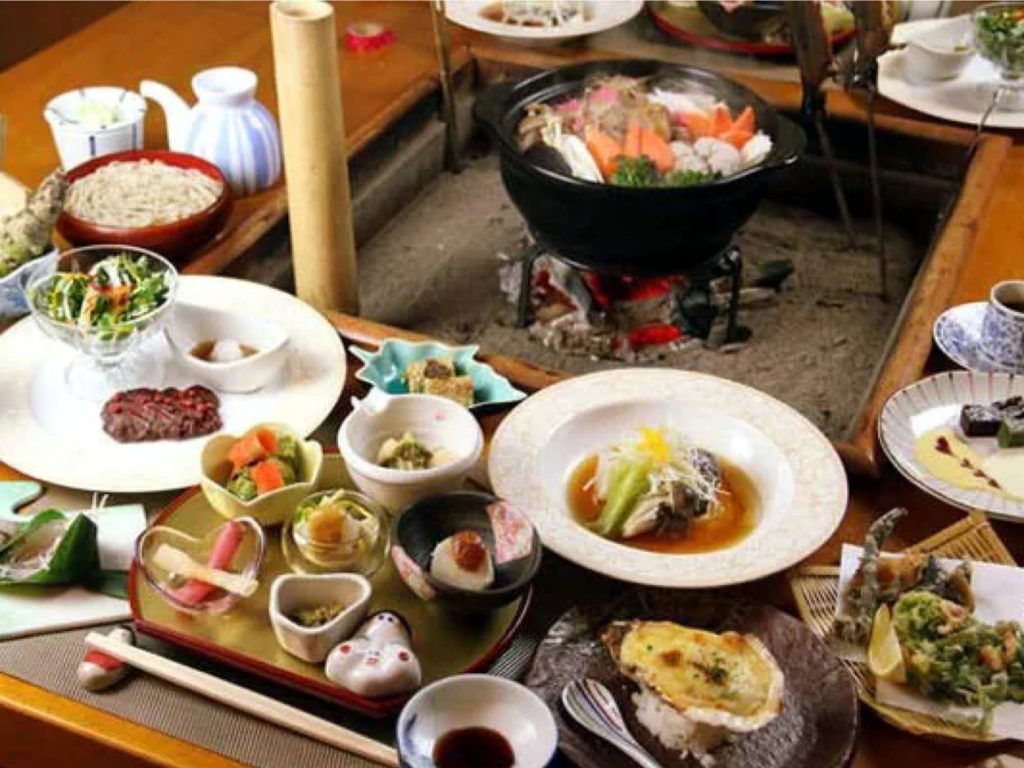
It’s the time of Bounenkai (the year-end party), and when I enter the cafeteria at night, I come across a gathering that looks like a year-end party. A year-end party is a banquet that is held at the end of the year for the purpose of consoling the year, and is a common culture unique to East Asia, such as Taiwan, China, and South Korea. Year-end events in Europe and the United States are mostly Christmas parties followed by countdown parties. Year-end parties in Japan are said to have their roots in a party called “Toshi-Wasure” held in the Kamakura period. It wasn’t until the Edo period that the year-end party took on the form it has today. After the Meiji period, students and bureaucrats played a central role. Students who did not return to their hometowns at the end of the year got excited at banquets at the end of the year and the bureaucrats went out drinking with their winter bonuses. It is said that such a thing became established as a year-end party. However, in recent years, about 80% of people answered that they do not want to participate in end-of-year parties related to their workplaces, and 70% of people say that they do not think that end-of-year parties are necessary.
今は丁度忘年会の時期で、夜、食堂に入ると忘年会らしき集まりに出会します。忘年会は「年末にその年の慰労を目的として執り行われる宴会」という意味付けで、台湾、中国、韓国など、東アジア圏独特の共通文化です。欧米の年末行事は、クリスマスパーティーと、そのあとのカウントダウンパーティーが主流です。日本の忘年会のルーツは、鎌倉時代に開催された「年忘れ」という会にあると言われています。忘年会が現在のような形になったのは、江戸時代に入ってからです。明治時代以降になると、中心となったのは学生や官僚で、年末に里帰りしなかった学生が年末に宴会で盛り上がったことや、官僚らが冬のボーナスで飲みに出かけて行ったこと、それらが忘年会として定着していったと言われています。しかし、近年は、職場関係の忘年会に「参加したくない」と答えた人の割合は約8割、忘年会が「必要だと思わない」という人も7割に上るそうです。
